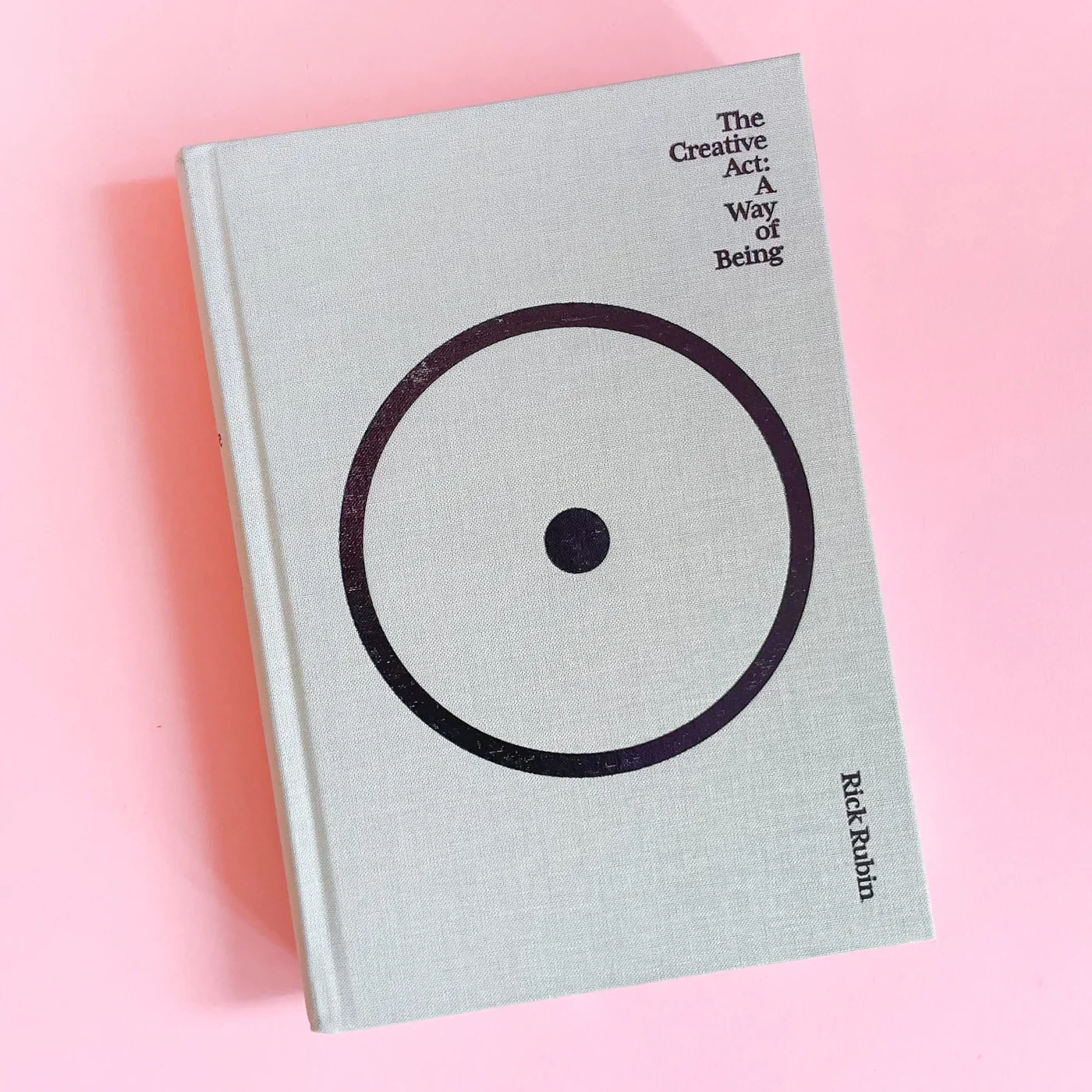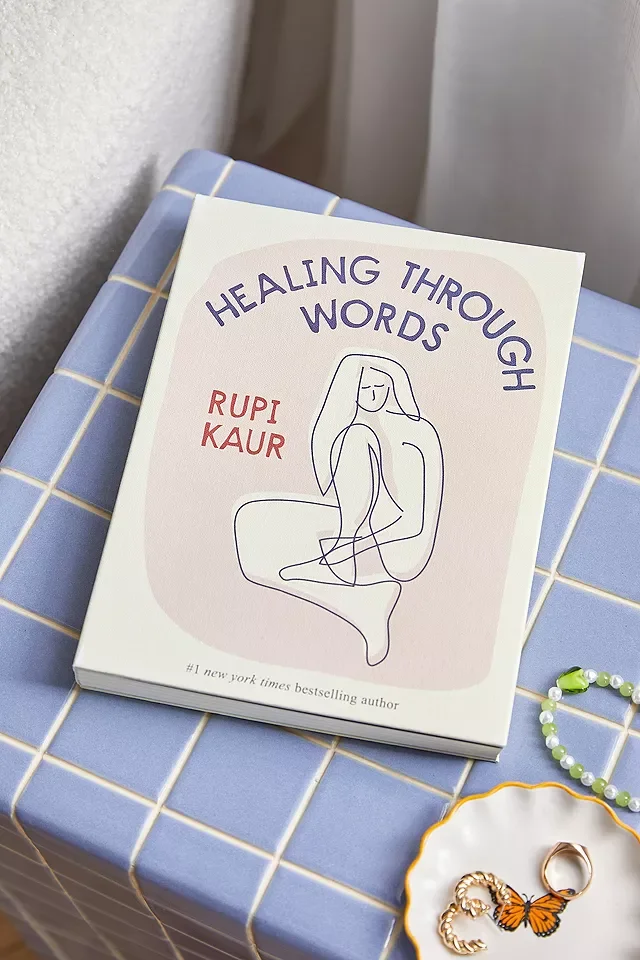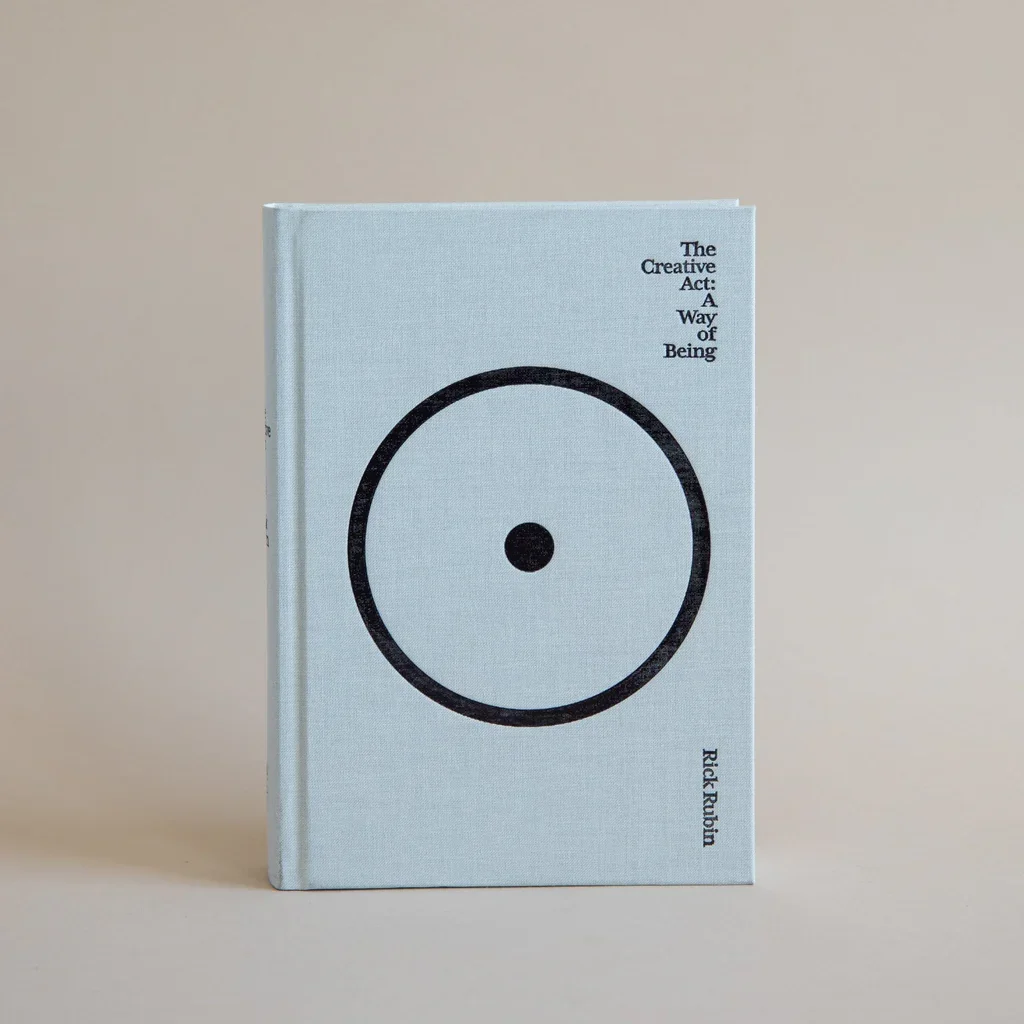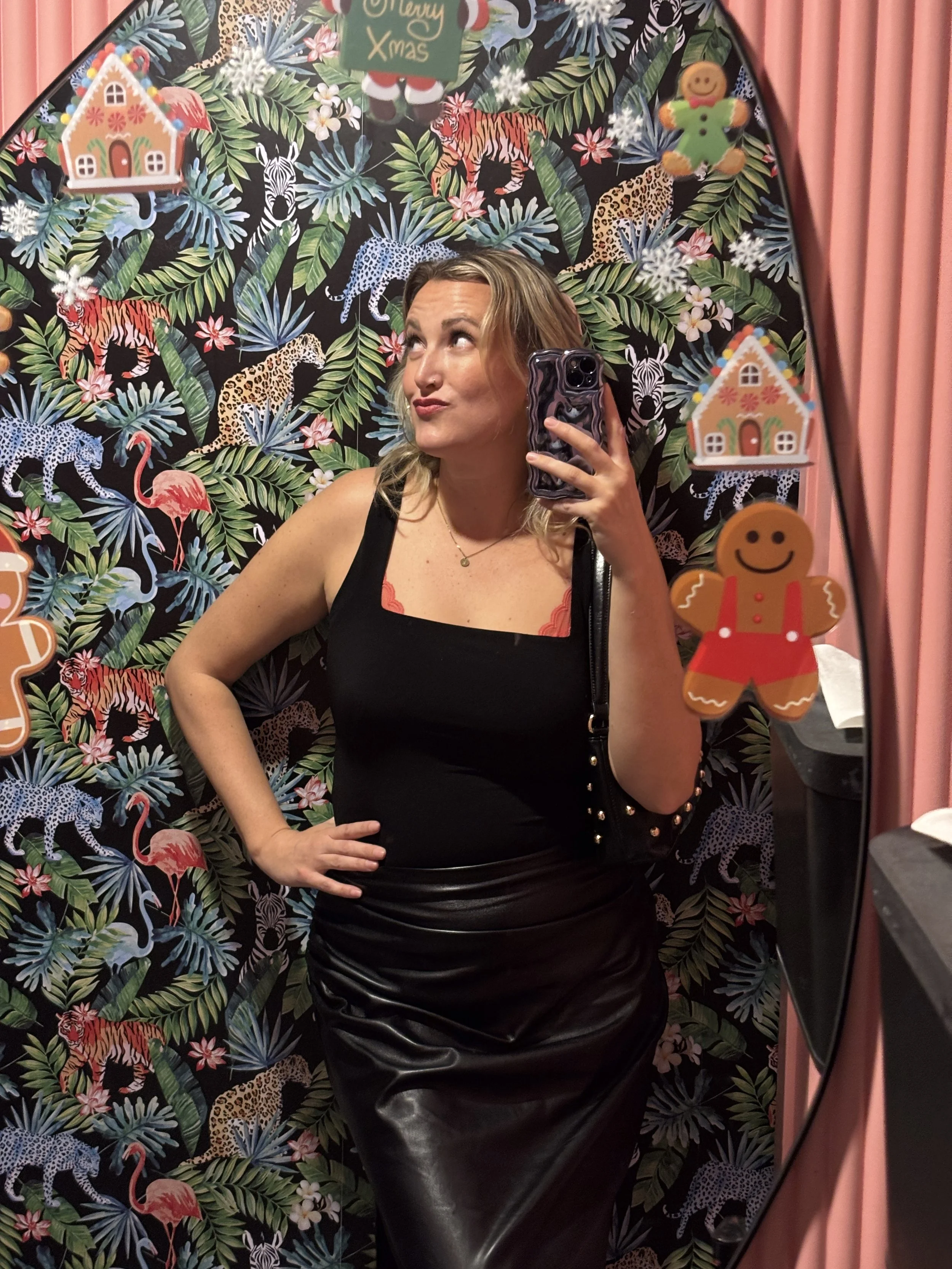Living with PMDD: Finding Balance and Empowerment During Premenstrual Dysphoric Disorder
I suffer from a diagnosis called Premenstrual Dysphoric Disorder (PMDD). Like the name suggests, the symptoms are intense. Dysphoria… the opposite of euphoria.
Dystopian utopian. The symptoms create a psychic and emotional state of extreme anxiety, sadness, and irritability for up to two weeks leading up to menstruation. Every other week, there’s the potential for me and others diagnosed to live in a very real dystopian reality. It’s real. Women often retreat and isolate, fearing the emotional impact on loving relationships.
Understanding PMDD
The diagnosis is not physical—it’s listed in the DSM, which is used to diagnose psychiatric conditions. While hormones are changing, it’s not that we are imbalanced or dysfunctional; rather, our emotional system has an intense reaction to the normal hormone changes from estrogen to progesterone during the luteal phase.
Treatment consists of mood-stabilizing medication, psychotherapy, and relying on supportive relationships—the standard treatment for mood disorders. Woo… because everyone loves being on medication for the rest of their reproductive life (sarcasm).
The Emotional Impact
I’m just so angry because that’s half my “life” during my reproductive/fertile years. It’s not fair… and for so long I wasn’t diagnosed and I’ve struggled with new mental health symptoms, while it’s also exacerbated ongoing ones. Suicidal ideation is very common in PMDD, and it’s something I carried alone for a long time.
Why rob me? A question among many, I find asking God every two weeks. Why take away two weeks every other two weeks? Finding stability is challenging, and maintaining relationships feels risky.
I thought I was crazy. I thought I had bipolar disorder, anxiety, depression, ADHD… turns out I have many of these things, and I’ve told myself I’m crazy my whole life. My version of reality is often invalidated. Accepting this diagnosis has provided answers and insights I’m grateful for, but the rage for such a frequent threat always lingers beneath the surface.
Finding Relief and Empowerment
Listening to these feelings requires a balance: knowing what’s a real problem versus what is created by PMDD, and recognizing the projections of critical or rejecting people around you.
When I recently moved to Mexico for the summer, I experienced the opposite symptoms during my luteal phase. I had energy, inspiration, and felt calm and grounded. Living in a run-down hotel room with palm trees behind me, doing what I love, in a country I love, with a close friend providing safe and fun companionship, essentially felt like PMDD had no say in my life. I was only mildly anxious, irritable, or sad—nothing derailing.
This experience further confirmed my decision to quit my job and pursue my business while working remotely. BYE BYE PMDD? I highly doubt it’s completely gone… but I’ll take missing dysphoric dysfunction for mild irritation and anxiety any day.
Like I wrote in my book, sometimes it’s not about running away but actually running towards something that nurtures your mental health and emotional well-being.
These are my honest and raw thoughts,
I hope they help,
Katie









